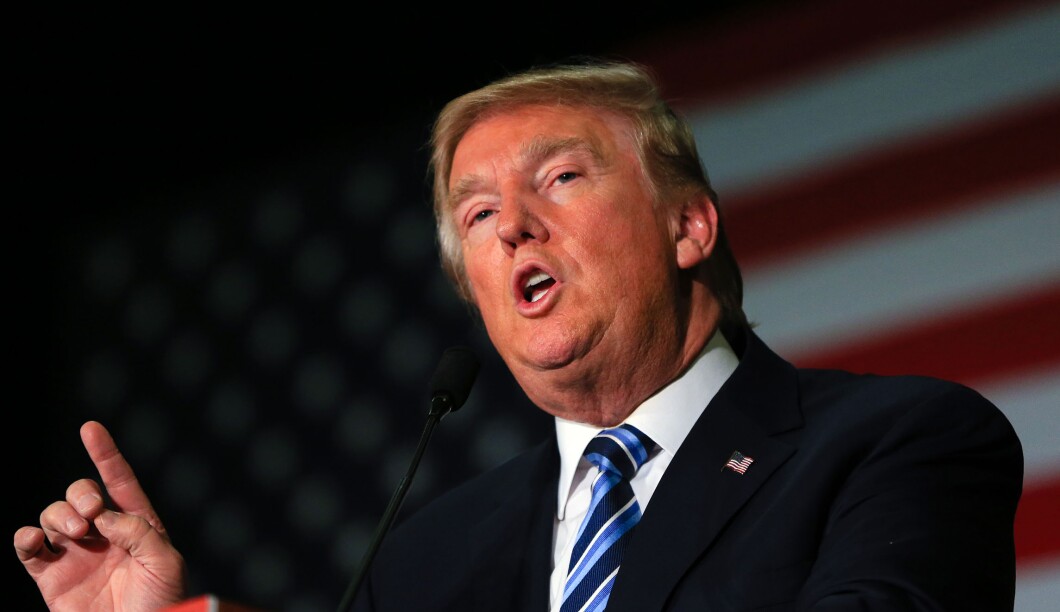
As the first Republican 2024 presidential debate draws near, seven candidates have said they have met the qualifications to hold a spot on the stage in Milwaukee.
To participate, GOP candidates must meet a number of criteria as given by the Republican National Committee. Presidential contenders must poll at 1% in three qualifying national polls or two national polls and one qualifying early-state poll. They need to have received funds from a minimum of 40,000 unique donors, with 200 unique donors in 20 or more states.
The RNC will also require all candidates to pledge to support the eventual Republican presidential nominee, a new rule that not everyone is on board with.
Around half the wide GOP field, with 12 candidates, is running out of time to make the cut for the Republican primary debate on Aug. 23.
Here is a look at the current status of where the presidential hopefuls stand in terms of qualifications.
Donald Trump

Former President Donald Trump met the criteria to qualify for the debate; however, it is unclear whether or not he will attend the event, citing his majority polling advantage over the competition.
Special counsel Jack Smith charged Trump on Aug. 1 for allegedly attempting to overturn the results of the 2020. In early 2022, the Justice Department began investigating Trump for retaining classified documents following his exit from the White House. Smith indicted Trump in June, and the former president pleaded not guilty. A Manhattan grand jury voted to indict Trump in March over falsifying business records and making an alleged hush money payment to adult film star Stormy Daniels.
Despite Trump’s growing list of legal troubles, as he was indicted for a third time on Tuesday with felony charges for allegedly attempting to overturn the results of the 2020 election, he leads his party in the polls and with the most cash on hand, having $22.5 million per federal filings from last week.
“When you have a big lead, you don’t do it,” the current GOP front-runner said in mid-July. Candidates have until 48 hours prior to the debate to decide if they will participate, meaning Trump’s decision may be a last-minute call.
Ron DeSantis
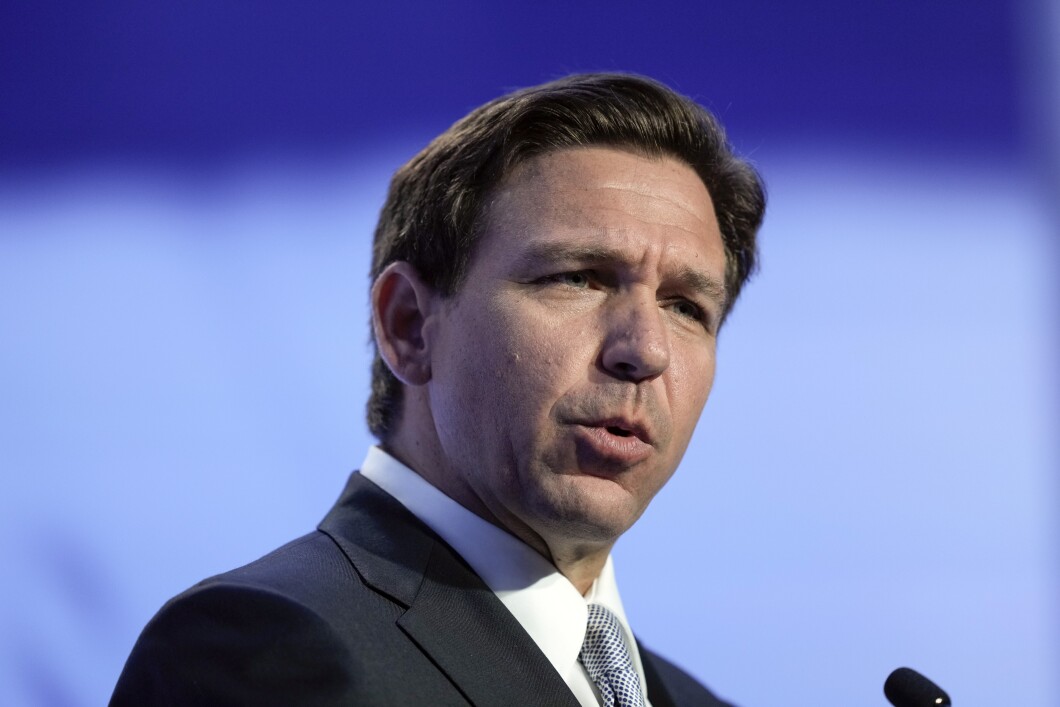
Gov. Ron DeSantis (R-FL), who is widely viewed as Trump’s top rival, will attend the first debate amid recent campaign struggles, with some critical he is not meeting the Republican Party’s high expectations.
After his active-duty service in the United States Navy, he has been a popular governor for passing a slew of conservative policies in the Sunshine State, including a six-week abortion ban, a number of restrictions on transgender issues such as blocking treatments for minors like hormone therapy and puberty blocker, and cracking down on drag shows.
The DeSantis campaign confirmed the conservative governor had met the donor and polling threshold and has said he’d “respect the outcome” of the primaries.
DeSantis said he would participate regardless of whether Trump attends or not, telling Fox in early July, “I hope everybody who’s eligible comes. I think it’s an important part of the process, and I look forward to being able to be on the stage and introducing our candidacy and our vision and our leadership to a wide audience.”
Tim Scott
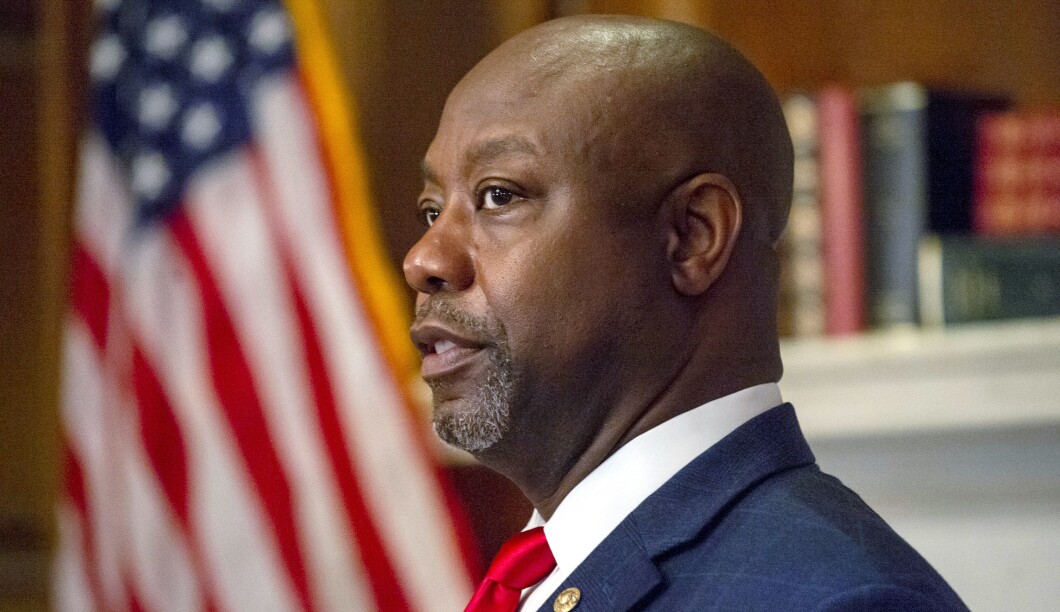
Sen. Tim Scott (R-SC) is running on his strong Christian faith and fighting the Democratic agenda as the Senate’s sole black Republican. He gained national attention by quickly moving up the political ladder, as he was elected to Congress in 2010 and was appointed to the Senate two years later.
Scott confirmed he met the benchmark to take the debate stage. Scott said he had the 40,000 donors and the 200 unique donor requirements in June while committing to follow the RNC loyalty pledge.
“All Republican candidates would be better than any Democrat candidate,” Scott said to Fox News.
Scott brought in more than $2 million in the 24 hours after starting his presidential run, already having $22 million from his Senate campaign prior to entering the race in May — the largest cash-on-hand figure of any candidate.
Nikki Haley
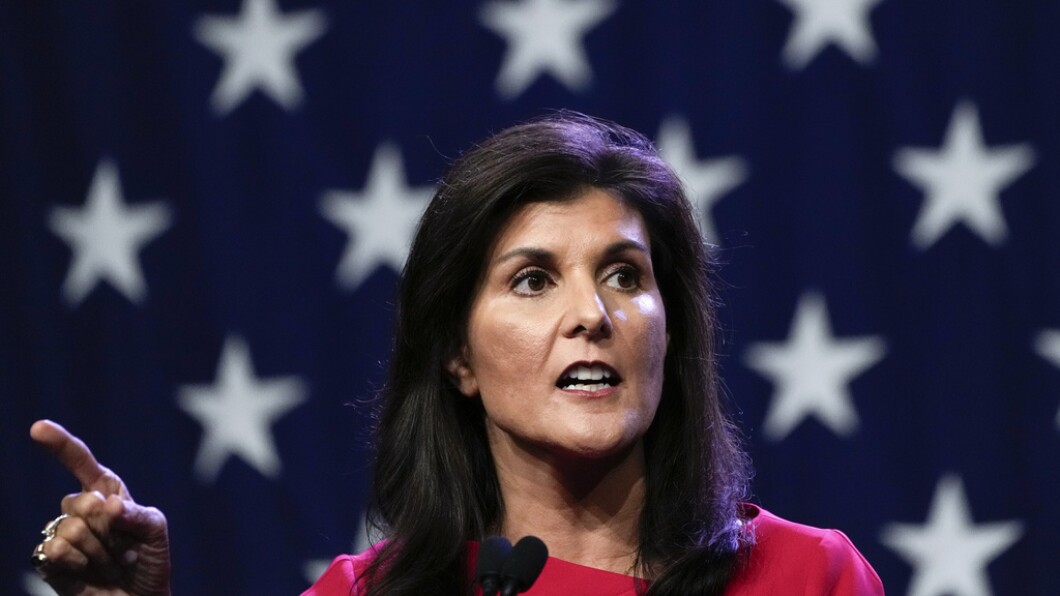
Former United Nations Ambassador Nikki Haley was the first major candidate to announce a run against Trump, launching her campaign in February. She will take the debate stage this month.
Haley, the daughter of Indian immigrants, rose to national prominence during her time as South Carolina’s governor, where she passed sweeping laws such as dropping Common Core education standards. She was selected by Trump to serve as an ambassador to the United Nations and was confirmed by the Senate in a large majority of 96 to 4 before resigning from her role in 2018.
The first woman to serve as governor of South Carolina has been polling in the low to mid-single digits, with the most recent New York Times/Siena poll having her at 3%.
Haley’s press secretary confirmed to the Washington Examiner last month that she met the donor threshold to qualify.
“Funding comes from 70,000 donations, including more than 67,000 donations from people who gave $200 or less,” a first-quarter press release states. “Haley received support from all 50 states. Her top three fundraising states were South Carolina, Florida, and Texas.”
Vivek Ramaswamy
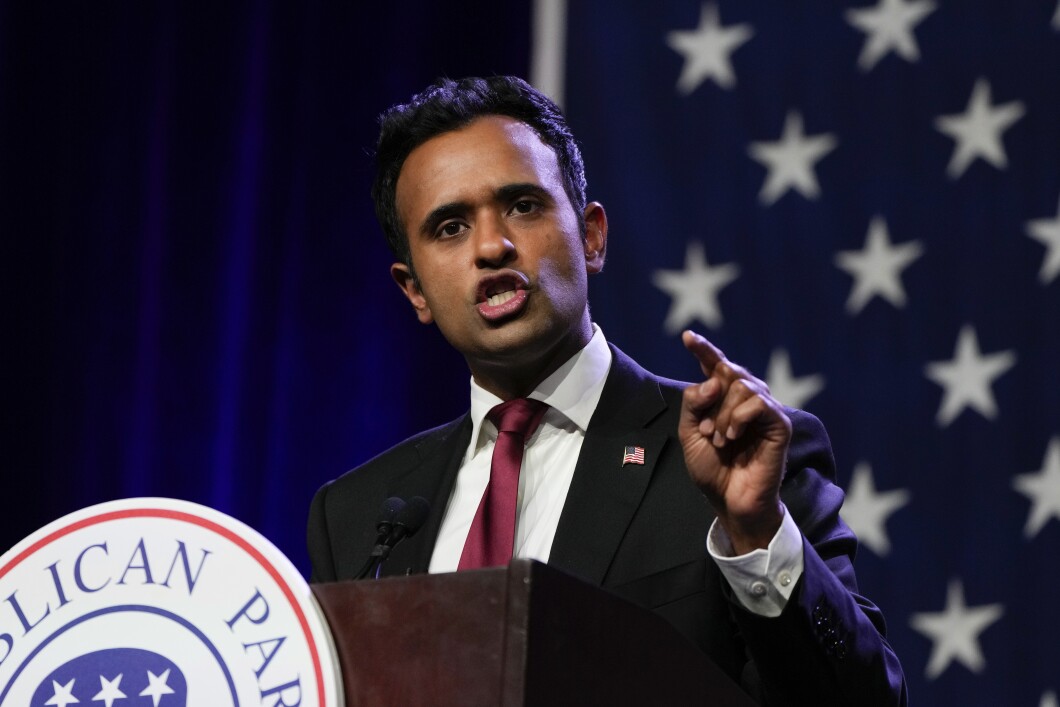
The political newcomer and biotech entrepreneur, Vivek Ramaswamy confirmed to the Washington Examiner he would qualify for the debate last month.
He made a name for himself in right-wing circles by opposing “woke” capitalism and is a self-described political nationalist.
Trump has praised the 37-year-old GOP contender in the past, while he often defends the former president amid his various legal cases.
Ramaswamy received political donations from more than 60,0000 individual donors and has been on the rise in polls recently, previously falling in the low single digits but reaching 10% in an Echelon Insights survey.
Chris Christie
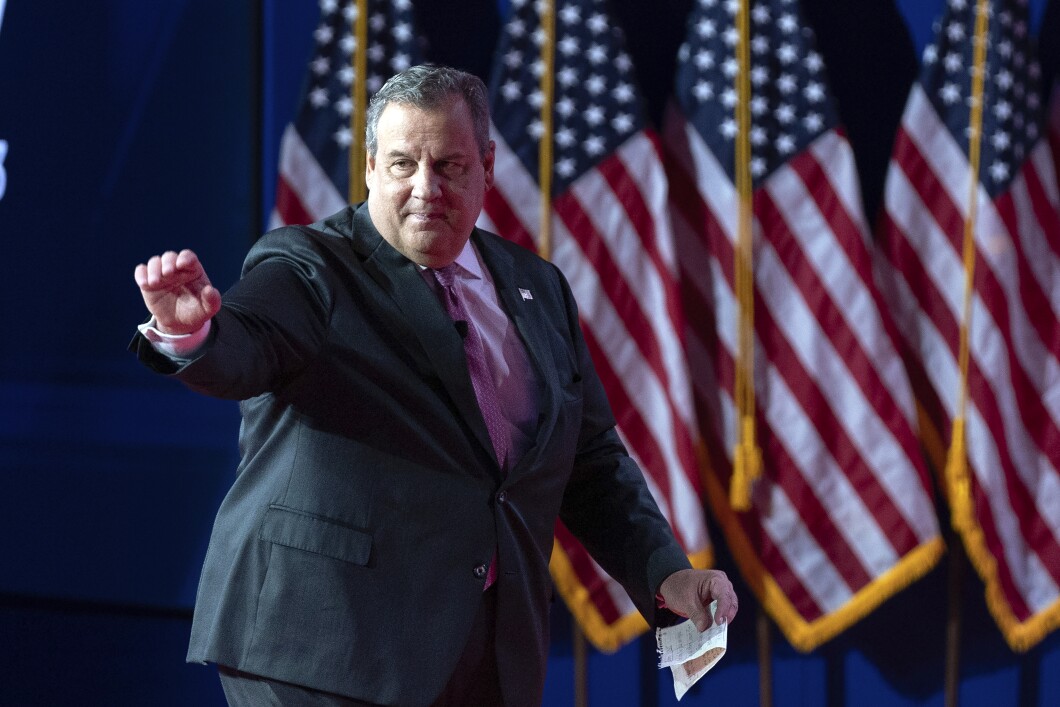
Former New Jersey Gov. Chris Christie entered the packed Republican presidential race later than most of his fellow candidates and will be in Wisconsin this month.
He became a household name in his role as a U.S. attorney, taking on cases of high-profile convictions, including Charles Kushner.
Christie endorsed Trump in the 2016 election and advised him in the race; however, he has since become one of the former president’s biggest critics, telling reporters the 2020 election lies was his breaking point.
He announced in July that he met the financial requirements to debate and told CNN he gained over 40,000 unique donors in just 35 days since the launch of his campaign at the start of June.
Doug Burgum
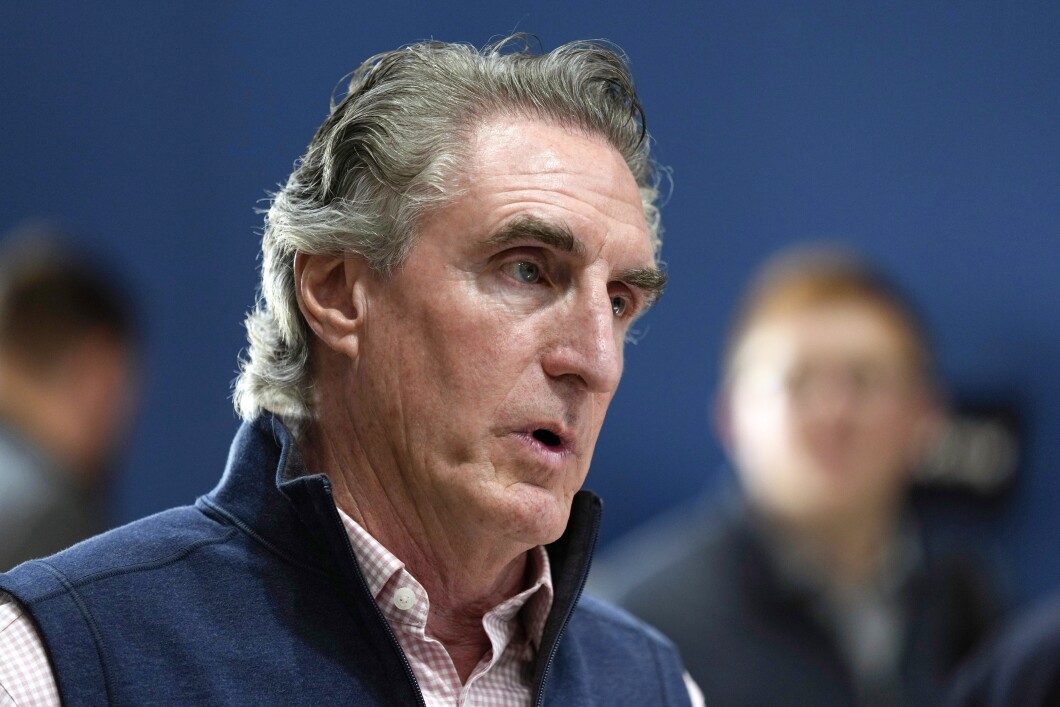
Gov. Doug Burgum (R-ND), the long-shot candidate who cast his presidential bid in June, announced in July he has the criteria to debate after offering donors $20 gift cards for $1 donations.
He was victorious as an underdog in the past, winning the North Dakota gubernatorial race in 2016 against a prominent conservative attorney general by 20%. A July Fox Business poll found Burgum polling at 3% in Iowa.
Burgum once owned Great Plains Software, a company that eventually was bought by Microsoft for $1.1 billion in the 90s.
The following candidates have not qualified for the debate, or have yet to announce they have reached the requirements.
Mike Pence
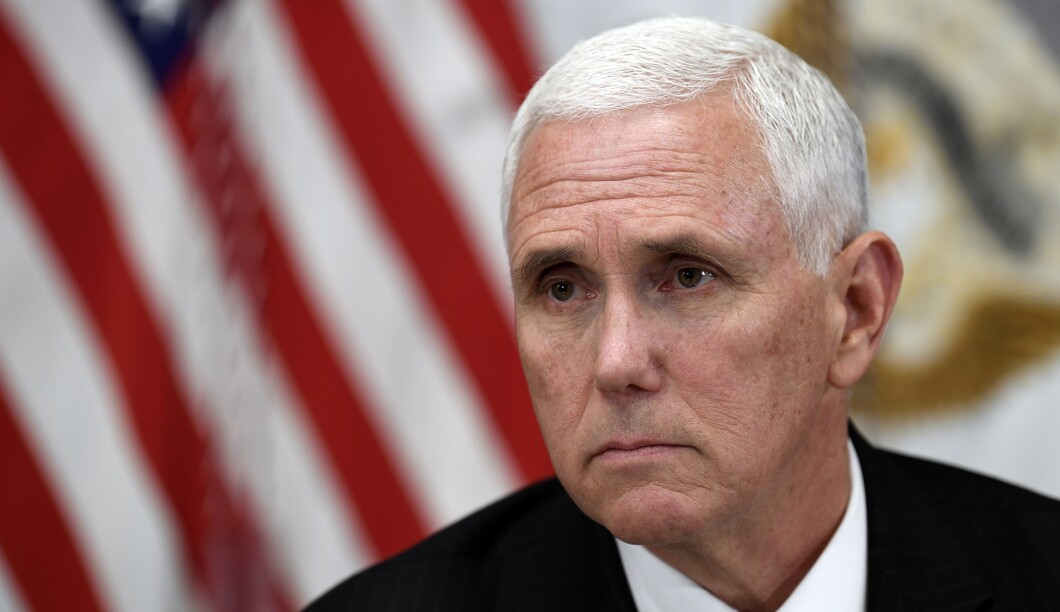
Former President Mike Pence launched his highly anticipated campaign in June while rebuking Trump. Pence has passed polling requirements but had yet to reach half of the required number of donors as of last month.
The Pence campaign provided an update to the Washington Examiner on Thursday, saying he expects to reach 40,000 unique donors by the deadline.
Asa Hutchinson
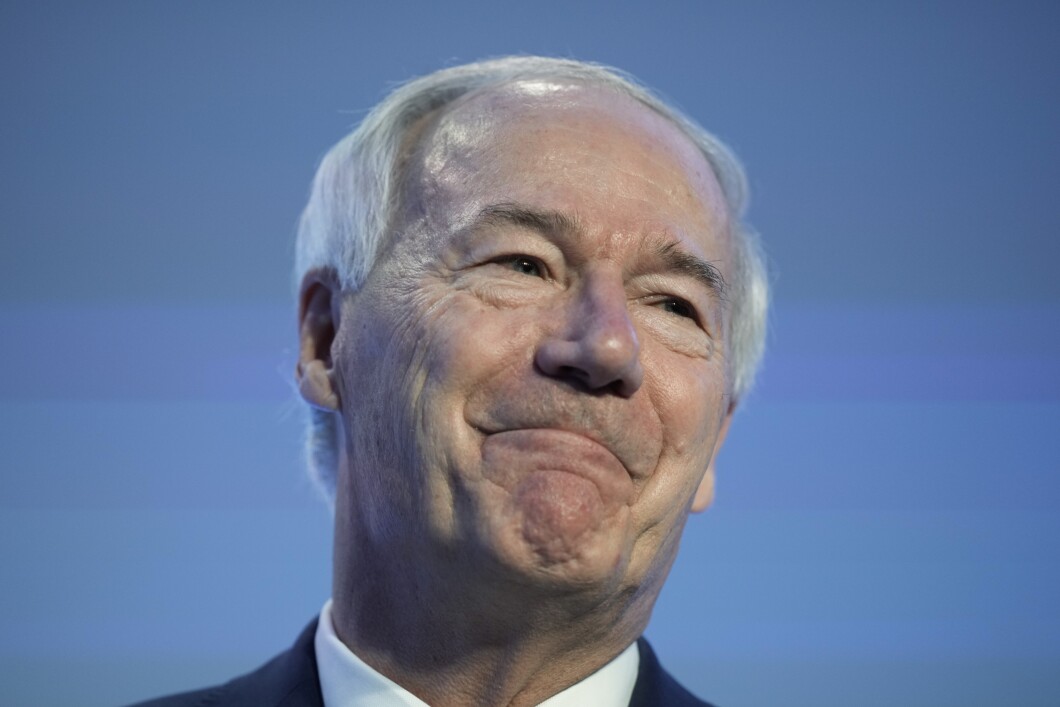
Former Arkansas Gov. Asa Hutchinson has not met the criteria to participate in the RNC debate. Hutchinson served as U.S. attorney for the Western District of Arkansas before being elected to the House of Representatives in 1996.
While Hutchinson has reached the polling limit, he also has yet to reach the donor threshold, telling CBS News he has more than 11,000 unique donors.
Francis Suarez
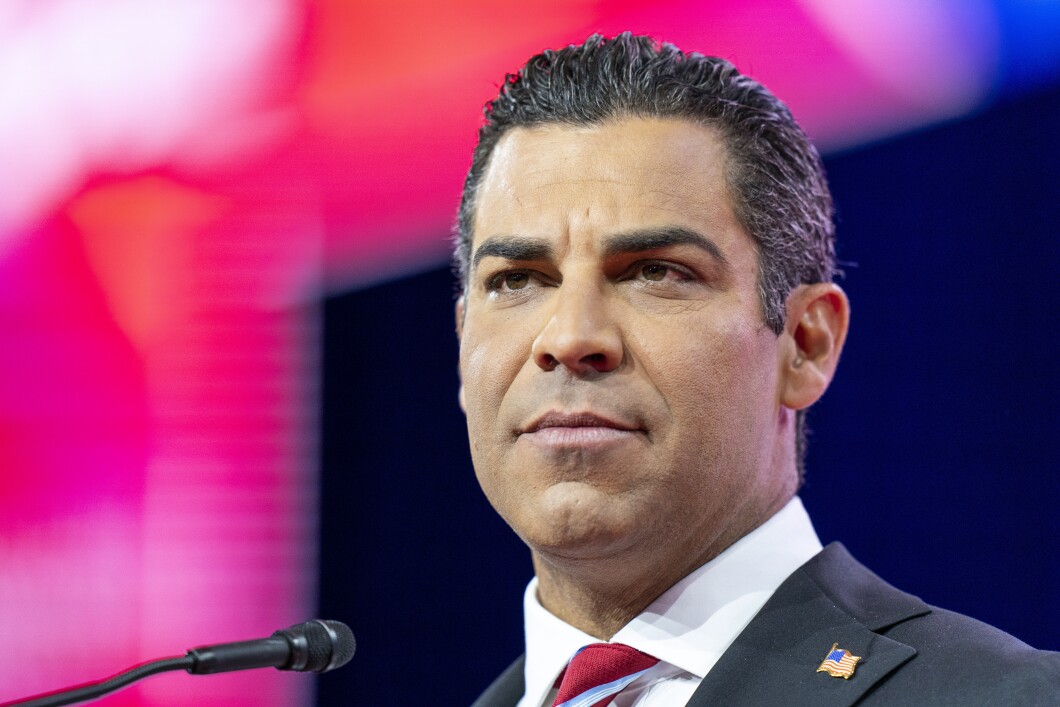
The two-term Miami Mayor Francis Suarez raised $1 million in the first days of entering the GOP race in June.
He announced this week that he met the 20-state fundraising benchmark but hasn’t met the polling requirements, saying he’s “one step closer to next month’s debate.”
Will Hurd
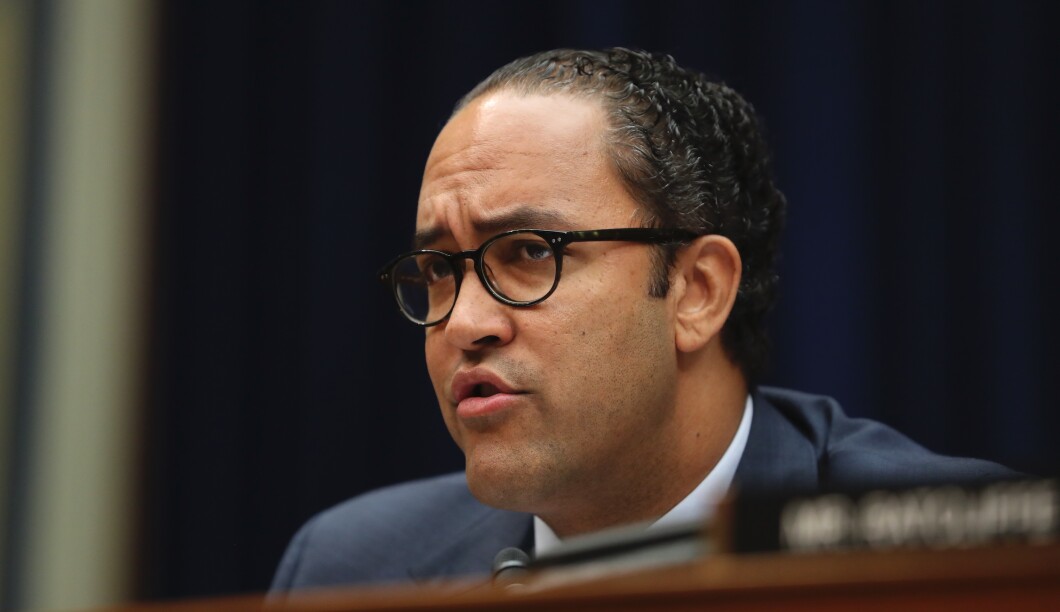
The former Texas congressman Will Hurd has received fewer than 500 unique donors, according to the New York Times. Hurd launched his campaign in June, pitching himself as a moderate conservative.
CLICK HERE TO READ MORE FROM THE WASHINGTON EXAMINER
Hurd told NBC News that he wouldn’t comply with the RNC’s pledge of support for the eventual nominee because he would not support Trump if he is the Republican pick in 2024.
Larry Elder
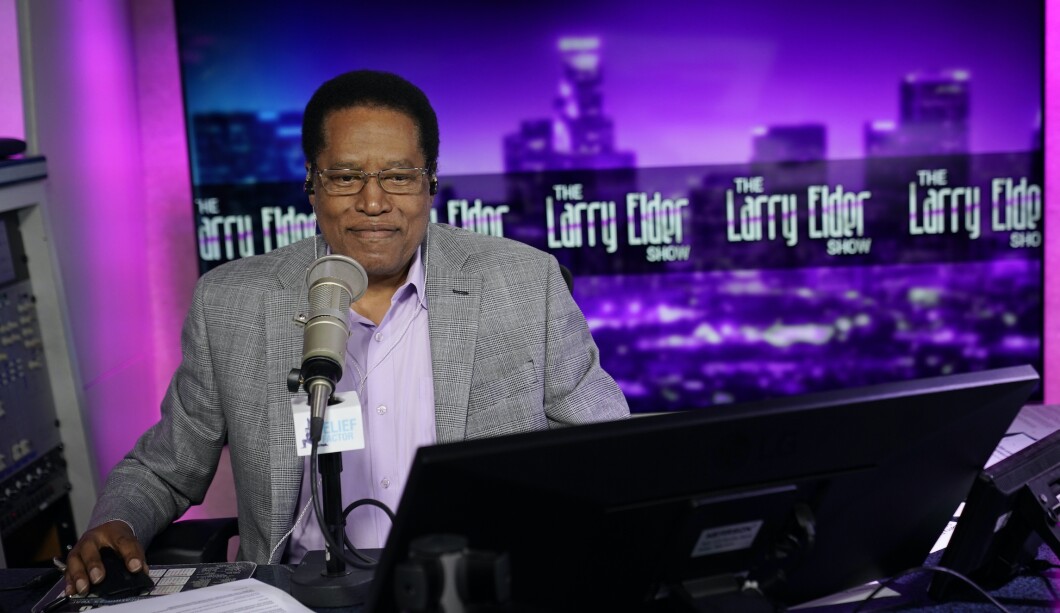
Larry Elder, a conservative talk radio host who ran for governor of California in 2021, has not met the polling or donor requirements after entering the presidential race in April.



